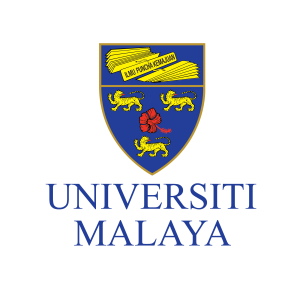Synopsis of Course Contents
In this course, participants will delve into the intricacies of construction measurement and contract management. Furthermore, the course will equip learners with the skills to prepare job specifications and quotations according to JKR/PAM standards, as well as estimate construction prices for both internal and external building measurement tasks.
Learning outcome
At the end of the course, students will be able to:
- Explain the standard of measurement methods in construction work
- Identify the type, process, procedure and liability of contract and process and procedure to engage employment of contractors and consultants
- Prepare job specification and quotations (JKR/PAM) and construction price estimation for internal and external building measurement works
- Determine method of works payment and payment for variation order (VO)
Synopsis of Course Contents
Introduction to the principles of construction law, the roles and objectives of construction law, constructions contracts and related problems. This includes construction organisation structure, problems and responsibilities of the parties involved in the contract, risk allocation and claims. It will also cover the types of repudiation, litigation and alternative dispute resolution.
Learning Outcomes
At the end of the course, students are able to:
- Identify the objectives and roles of construction law;
- Explain the principles of construction law; and
- Apply construction law in construction contracts and related problems.
Synopsis of Course Contents
Introduction to risk, health and safety in construction industry: risk and danger, legislation and safety acts: OSHA 1994, building works guidelines; Role, importance and safety and health management: characteristics, policy, investigative methods, manuals and procedures; Accidents at site: report, monitoring and prevention. Explanation of current case studies which are related to safety and health issues in the construction industry.
Learning outcome
Students will be able to:
- Discuss the role and importance of risk, safety and health management,
- Discuss health and safety scenarios in the construction industry in Malaysia,
- Evaluate the needs of health and safety management in the construction industry on related legislation, and
- Produce technical report based on health and safety management in the construction industry
Pada akhir modul ini, anda akan membina pengalaman dalam aspek-aspek berikut:
1. Memilih kaedah pengajaran dan media/teknologi yang sesuai dengan objektif pengajaran-pembelajaran
2. merancang pendekatan pengurusan bilik darjah yang sesuai dengan objektif pengajaran-pembelajaran
